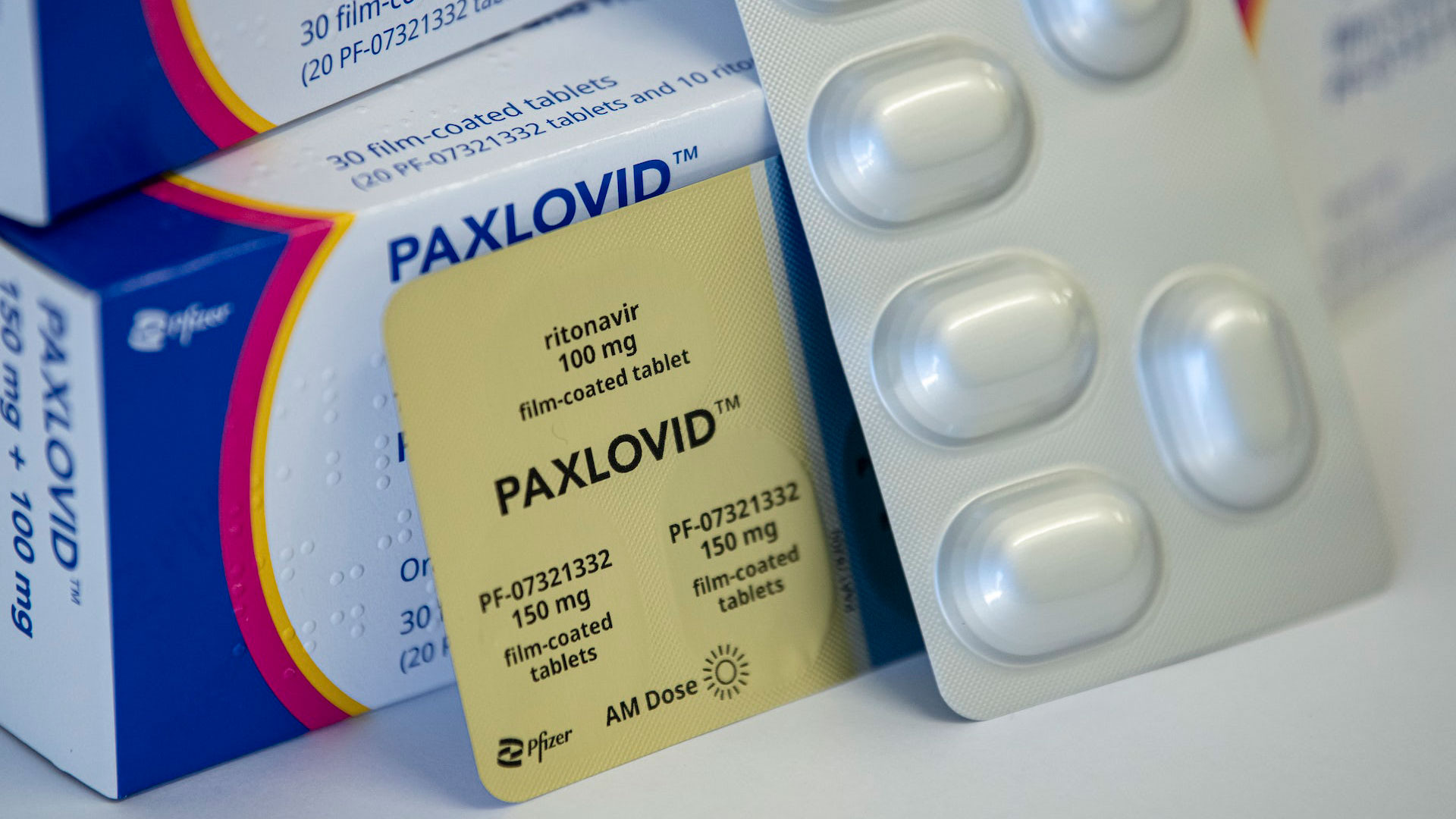Long Covid test is a term that refers to the process of diagnosing and managing the long-term effects of COVID-19 infection. Some people who have had COVID-19 may develop Long Covid, which is a condition that causes persistent or new symptoms for weeks or months after the initial recovery. Long Covid can affect various organs and systems in the body, such as the lungs, heart, brain, and nervous system. Some of the common symptoms of Long Covid are fatigue, shortness of breath, chest pain, and brain fog.
There is no single test that can confirm or rule out Long Covid. However, your doctor may recommend some tests to check your health status and identify any underlying conditions that may be causing or worsening your symptoms. These tests may include blood tests, chest X-rays, lung function tests, electrocardiograms (ECGs), and echocardiograms. Depending on your test results and symptoms, your doctor may also refer you to a specialist for further evaluation and treatment.
Types of Long Covid test
There is currently no single test that can definitively diagnose Long Covid. However, there are a number of tests that can be used to rule out other possible causes of the patient’s symptoms. These tests may include:
- Blood tests: Blood tests can be used to check for abnormalities in the blood count, electrolytes, liver function, and kidney function. They can also be used to measure levels of inflammatory markers and autoantibodies.
- Imaging tests: Imaging tests, such as chest X-rays, computed tomography (CT) scans, and magnetic resonance imaging (MRI) scans, can be used to look for abnormalities in the lungs, heart, brain, and other organs.
- Pulmonary function tests: Pulmonary function tests can be used to measure how well the lungs are working.
- Cardiovascular tests: Cardiovascular tests, such as electrocardiograms (EKGs) and echocardiograms, can be used to check for abnormalities in the heart.
- Neurological tests: Neurological tests can be used to check for abnormalities in the brain and nervous system.
Emerging tests for Long Covid
Researchers are actively working to develop new tests for Long Covid. Some promising areas of research include:
- Biomarker tests: Biomarkers are substances that can be measured in the blood or other bodily fluids. Researchers are investigating whether specific biomarkers can be used to diagnose Long Covid.
- Imaging tests: Researchers are developing new imaging techniques that may be able to detect abnormalities in the brain and other organs that are associated with Long Covid.
- Artificial intelligence (AI)-based tests: Researchers are using AI to develop algorithms that can analyze patient data to identify patterns that are associated with Long Covid.
What to do if you think you have Long Covid
What to do if you think you have Long Covid
If you are experiencing symptoms of Long Covid, it is important to see a doctor. Your doctor can help you rule out other possible causes of your symptoms and can develop a treatment plan to manage your condition.
There is currently no cure for Long Covid, but there are treatments that can help manage the symptoms. Treatment options may include:
- Medications
- Therapy
- Lifestyle changes
In summary, Long Covid is a serious condition that can have long-lasting effects on your health. While there is currently no single test that can diagnose Long Covid, there are a number of tests that can be used to rule out other possible causes of the patient’s symptoms. Researchers are actively working to develop new tests for Long Covid, and there are a number of treatments that can help manage the symptoms of the condition.




